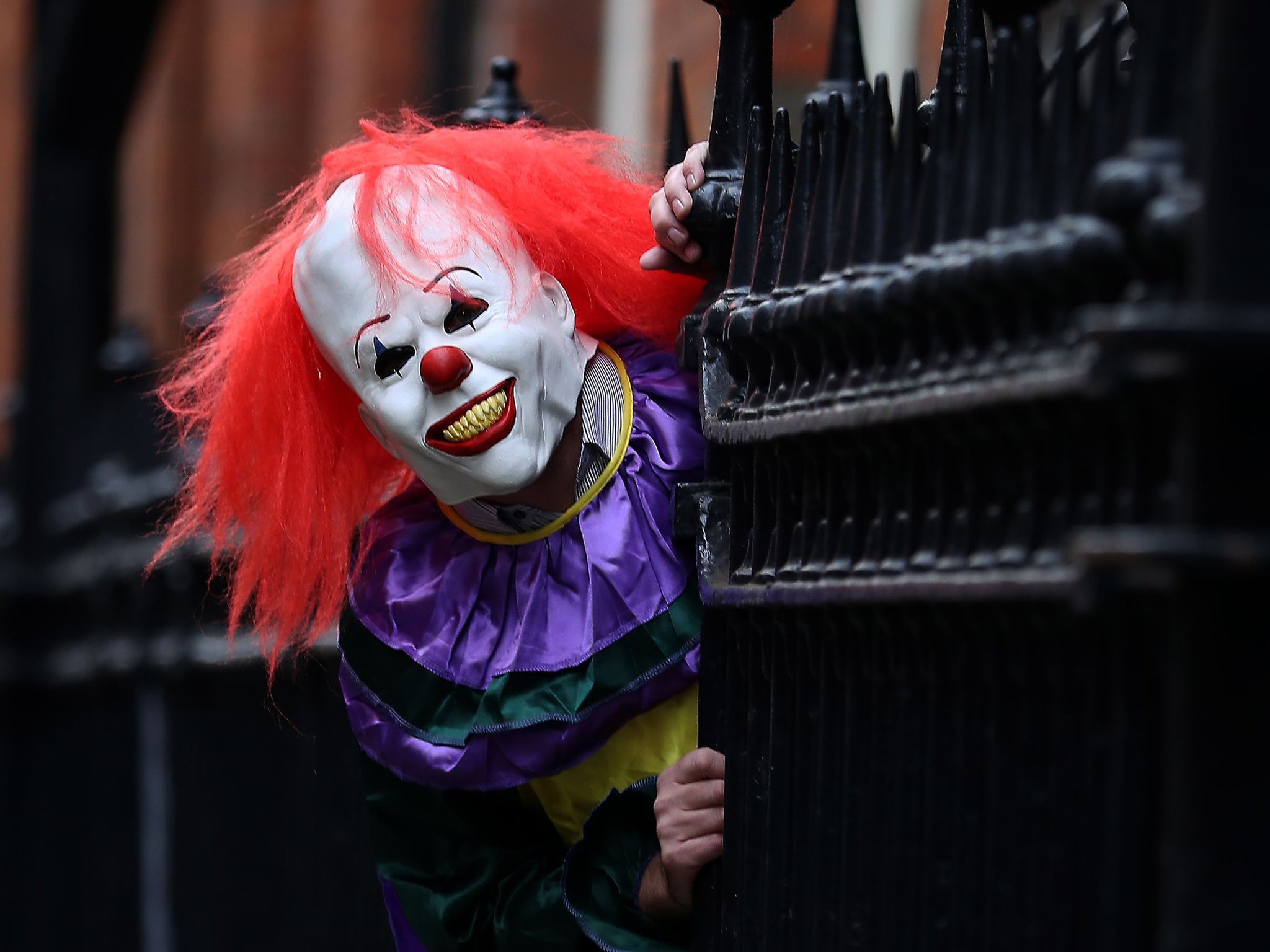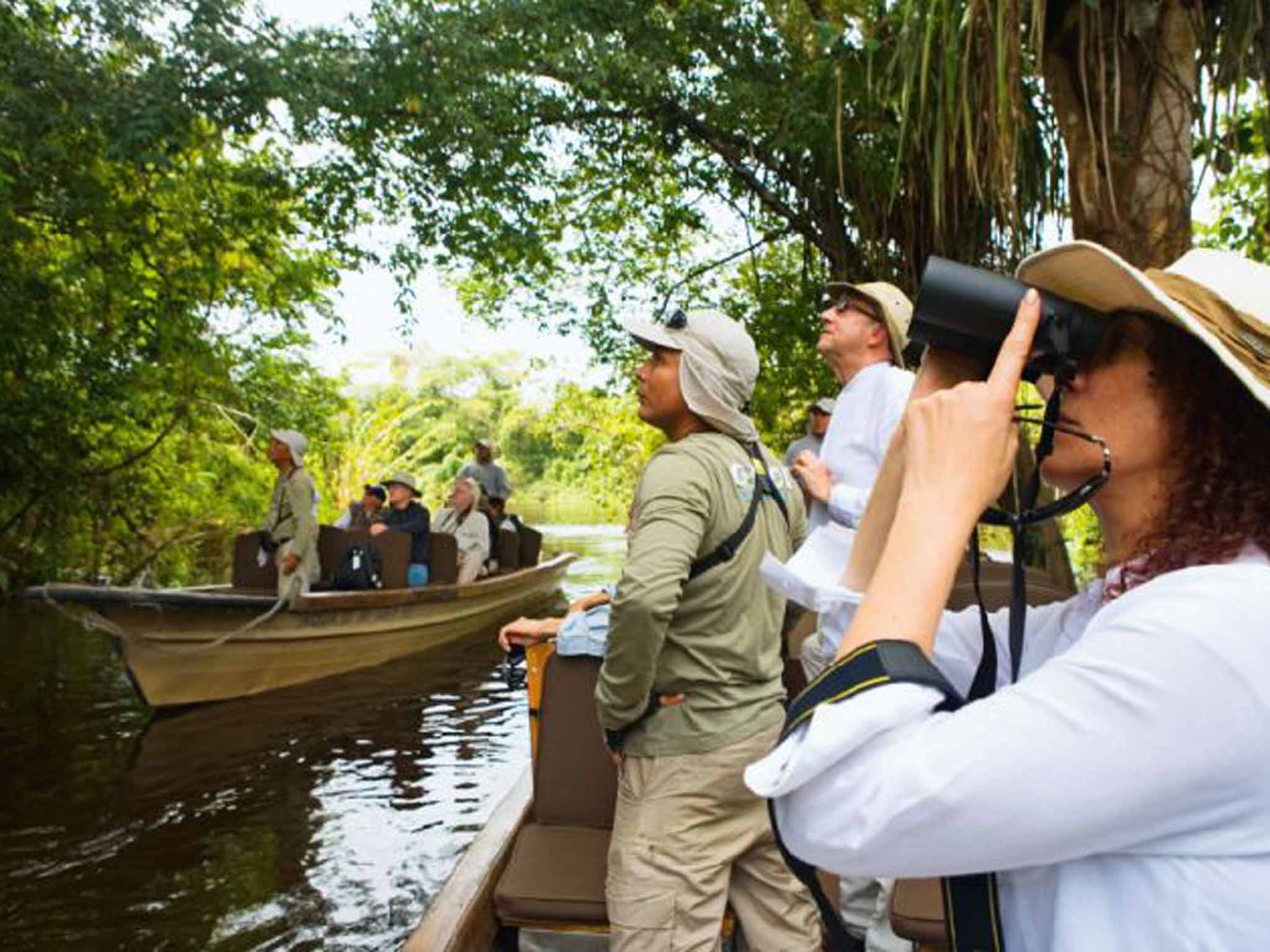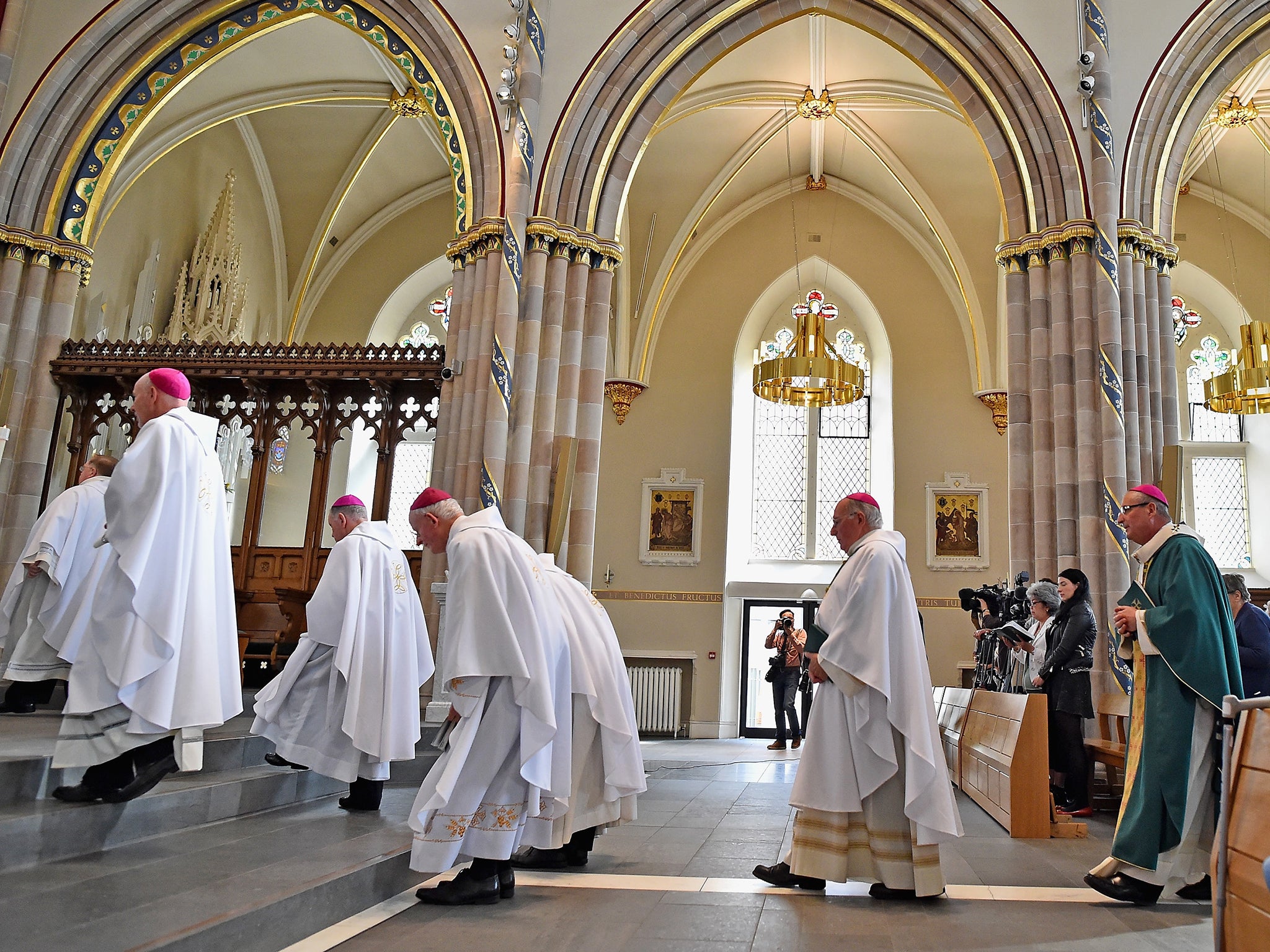Taxi drivers and clergy men: The creepiest professions according to science
Researchers also pinpointed the two creepiest hobbies

Your support helps us to tell the story
From reproductive rights to climate change to Big Tech, The Independent is on the ground when the story is developing. Whether it's investigating the financials of Elon Musk's pro-Trump PAC or producing our latest documentary, 'The A Word', which shines a light on the American women fighting for reproductive rights, we know how important it is to parse out the facts from the messaging.
At such a critical moment in US history, we need reporters on the ground. Your donation allows us to keep sending journalists to speak to both sides of the story.
The Independent is trusted by Americans across the entire political spectrum. And unlike many other quality news outlets, we choose not to lock Americans out of our reporting and analysis with paywalls. We believe quality journalism should be available to everyone, paid for by those who can afford it.
Your support makes all the difference.Taxi drivers and rubbish collectors have been ranked alongside clowns and taxidermists as the most creepy professions.
In the first ever empirical study of creepiness, clowns topped the chart, followed by taxidermists and sex shop owners.

The study, by a team at Knox College in Illinois, found that ambiguous threats led to the perception of creepiness, which is likely why clowns are seen as so unsettling.
Unsurprisingly, males were seen as more physically threatening to people of both sexes, and more likely to be seen as creepy.
The report found: “We are placed on our guard by people who touch us or exhibit non-normative nonverbal behavior, or those who are drawn to occupations that reflect a fascination with death or unusual sexual behaviour.”
They also asked what hobbies people perceived as creepy, and collecting things came out top.
“Collecting dolls, insects, reptiles, or body parts such as teeth, bones, or fingernails was considered especially creepy.”

Hobbies that involve ‘watching’, such as birdwatching, was also ranked as creepy by many.
The study found that our “creepiness detector” is activated when our brain is trying to work out whether someone has ill intentions.
Unusual behaviour - like working odd hours - can contribute to this, which perhaps explains why taxi drivers and rubbish collectors appeared in the list.
Prof Francis McAndrew’s team concluded: “Everything that we found in this study is consistent with the notion that the perception of creepiness is a response to the ambiguity of threat.”

The study was carried out by asking more than 1,300 people to complete an online survey.
Further studies are planned, with the researchers saying: “We believe that our research is a good first step in looking at a topic that has not been studied before, and we see nothing in our data to discourage us from pursuing the idea that creepiness is an adaptive human response to the ambiguity of threat from others.
“We would like to extend this line of research in future studies by looking at responses to creepy places (e.g., haunted houses) as well as to creepy people to determine if our creepiness detectors are attuned specifically to social interaction, or if they function in response to the ambiguity of threat in general.”
Join our commenting forum
Join thought-provoking conversations, follow other Independent readers and see their replies
Comments